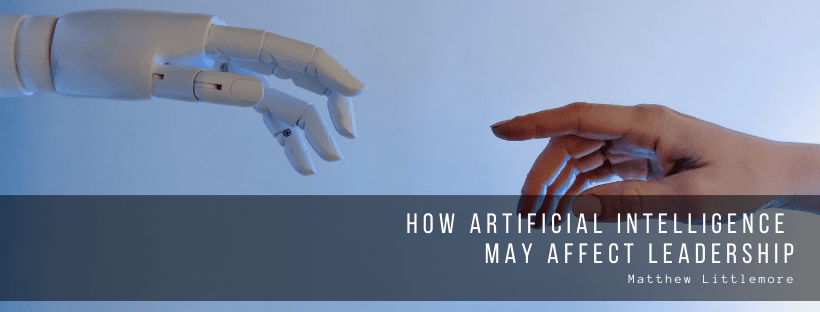While many would argue for the potential of AI to make humans obsolete, others say that we will become more efficient than ever. Technology is advancing exponentially, so it’s not yet time to panic. Leaders still have their hand in the game. However, they should be rightfully wary of the good and bad that artificial intelligence may hold in store for them and the rest of society. Here are two ways AI may affect leadership.
The Organization Chart
It’s a sad fact of the business world: Many employees are ill-suited for their positions. Some leaders compensate by hiring less experienced candidates. AI, however, could eliminate this problem by quickly sifting through potential candidates to find the ones most suited for the job, such as those with a successful track record or specific personality traits or skills. However, if left to its own devices, AI could create its organization chart based on its parameters and not on what’s best for the company.
In addition to the org chart, AI could affect people’s performance at each level. Highly intelligent AI could perform more efficient and higher quality work than its human counterparts, especially since it wouldn’t require sleep or breaks. Even if AI wasn’t to replace humans altogether, it could impact how much time leaders spend managing employees and how much time they spend on creative tasks, such as original ideas and strategies.
Staffing
AI could help leaders in all sorts of ways. The technology is already being used to manage the work of truck drivers, with the self-driving trucks ensuring that humans don’t have to commute from place to place. While some skilled workers will find themselves in high demand because of AI’s ability to manage and perform more efficiently, others may be left out. Picking up where humans leave off can mean taking over many roles, leading to employees doing less work and falling behind. For an organization with many job hats, this can quickly become problematic. On the other hand, AI could also replace human staffers once their usefulness has run its course (or if they’re not cut out for the job).
Also, AI may be better suited to fill specific roles than humans are. AI may handle many tasks humans aren’t good at, such as making highly detailed executive decisions. The machines could also better use the data that many organizations collect on their employees’ productivity, happiness, efficiency, and other aspects of their operations. This data could give leaders the information to decide precisely how much time and energy to invest in a staff member.
While AI might have positive effects due to its ability to do more with less energy, it could also hurt leadership by allowing it to take time to deal with important tasks or think outside the box.
